 Organizations spend considerable amounts of time determining what changes in the marketplace will materially affect the implementation of their strategic plans. A common analysis tool used to determine changes and trends is the P.E.S.T. acronym. Attempting to determine the Political, Economic, Social and Technological factors that will influence your business helps to lay a strong foundation for meaningful action.
Organizations spend considerable amounts of time determining what changes in the marketplace will materially affect the implementation of their strategic plans. A common analysis tool used to determine changes and trends is the P.E.S.T. acronym. Attempting to determine the Political, Economic, Social and Technological factors that will influence your business helps to lay a strong foundation for meaningful action.
The same acronym can be used when thinking about your career search. Below are five (5) of ten (10) factors that are political, economic, social or technological, and that will have an impact on your career.
1. Flattening Organizational Structure – throughout the Great Recession, organizations shed full-time workers and spread the work amongst the remaining employees. Although this drove productivity and record profits for many firms, they know that they must remain smaller to be more nimble to respond to changes in the marketplace moving forward. I recommend that you view yourself as a consultant and package your knowledge, skills and abilities into a salable product that can traverse from employer to employer without fear of loss of income.
2. Cradle-to-Grave Employment is Dead – this comes as no surprise to many of you, but there are still groups of people who expect corporations to provide for them long-term. According to the Bureau of Labor Statistics, even the Baby Boomer generation has changed jobs between 11 – 14 times in their careers. I suggest that you develop a thick skin and temper your expectations what employers are going to provide in the future. The trend is to provide less remuneration and more non-wage amenities.
3. Job Skills Mismatch – The national unemployment rate hovers near eight percent. There are millions of jobs available, but not enough people to fill them. In order to lower the unemployment rate, our nation must provide education and training opportunities to increase the skill level. To avoid becoming unemployed for an extended period of time, learn continually.
4. Autonomy / Mastery / Purpose – In Daniel Pink’s book, Drive, the reader learns about how monetary rewards are becoming less important to many Americans. More and more people are searching for work that provides a deeper, intrinsic motivation in their lives. I recommend that you find meaningful work that provides you with autonomy in daily activity, the ability to master or be great at your chosen line of work and to serve a purpose larger than your own.
5. Work-life Balance is a Myth – Using a justice scale as a metaphor, there will only ever be one point at which your work and life are in balance. It is unrealistic to strive for this point. Instead, search for meaningful engagement in your personal and professional selves. Are you excited to go to work in the morning and excited to see your family when you get home? I recommend that you get comfortable with saying “no” and establish boundaries about what you will and will not participate in.
In part two, I’ll cover five more P.E.S.T trends that will be worth keeping an eye on.
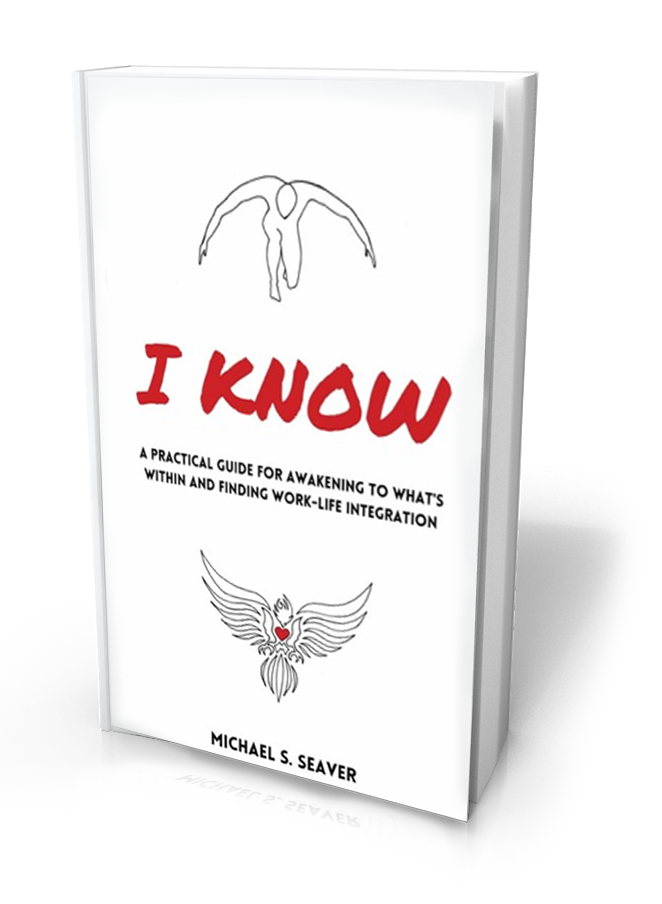

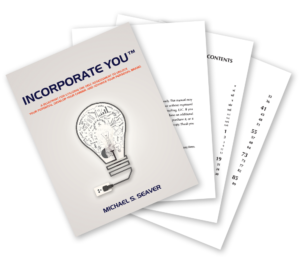
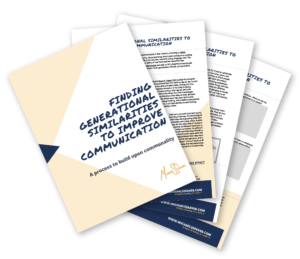
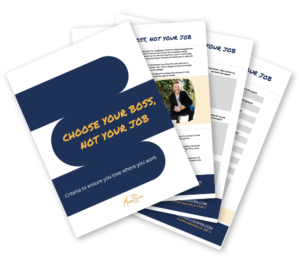
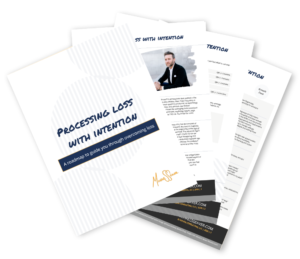
Connect with me